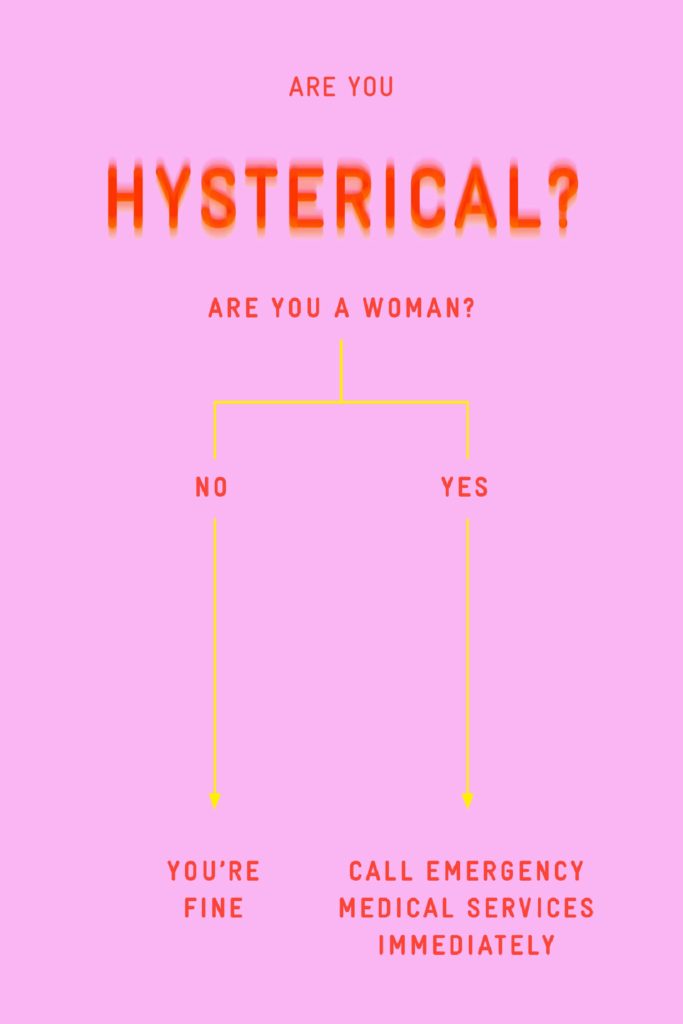The word feminism makes many young (and not so young) nervous. Gender inequality remains common and, despite significant generational change, many young people continue to associate the word feminism with radicalism.
There is some evidence to question whether youth is really the basis for greater equality. Will patriarchy and machismo be defeated with future generations?The answer, unfortunately, is unclear. Many young people, although more mobilized, are unaware of the articulated forces in the society in which they operate.
- The new generations tend to play.
- In part.
- The roles of previous generations.
- Although it is clear that a part of society is more aware of gender issues.
- The rest.
- A large majority.
- Is not yet aware of gender issues.
- Society.
- In its circles of friends and even less so in institutions.
- It is the reproduction of old patterns that fuels inertia.
Young people need references, good feminist examples that show them the way forward, so your duty to the people who fought and those who will continue to struggle is to create an environment in which your achievements are known.
For sociologist Maria Silvestre, youth do not go backwards, on the contrary, it maintains what we have achieved. The problem is opportunities and resources. Today young people have more opportunities and resources than other generations.
For example, education. Literacy is practically a norm in our society and the number of people with a university degree is the highest in history, however, education can lead them to perceive an equality that is not real or to erase the critical mind in situations of inequality or discrimination.
“The word feminism makes them nervous and nervous, and they don’t see the need to claim. Does everything seem like a radicalism typical of past generations?
While we have made great strides over the past 50 years, critical awareness of inequality remains stagnant, women may have more opportunities for work and education, can perform tasks that were previously unthinkable for women, and have greater purchasing power. people don’t include inequalities.
In the words of Maria Silvestre, “The word feminism makes them nervous and nervous, and they do not see the need to claim. Does everything seem like an element of radicalism typical of past generations?It is a phenomenon that affects both men and women. women, though, of course, is more important in men.
The relationship between young people and the Internet may seem like a perfect space for equality, but it is not. Inequality relationships also reproduce on the Internet. Although it is a more open and free space, the Internet has become a space of inequality. The content that young people share and consume on the Internet is mostly sexist and reproduces traditional gender roles.
On the one hand, while boys use the Internet in a playful way, focusing on games like poker, girls use it to count themselves, that is, while young people use the Internet, boys focus on games and girls interact. To be seen, even old documents are played back over the Internet. Even with the same access to social media, its use remains differentiated by gender.
And it doesn’t stop there: cyberbullying and gender harassment have also moved to the Internet, what we find in society also happens on the Internet, rather than generating change, the Internet replicates many of our society’s sexist values.
Finally, we can conclude that society has a very important role, are there socialization agents such as family, school, media, advertising, novel, theater, video games ?, all generate culture, but, as always, they continue to play gender roles. We cannot expect young people to finish them, these means of socialization should increase the number of feminist references that young people can imitate.
Writing note: The generalizations that exist in this article correspond to studies that work with averages, so there are certainly many young people who are far from following the trend we are talking about.

